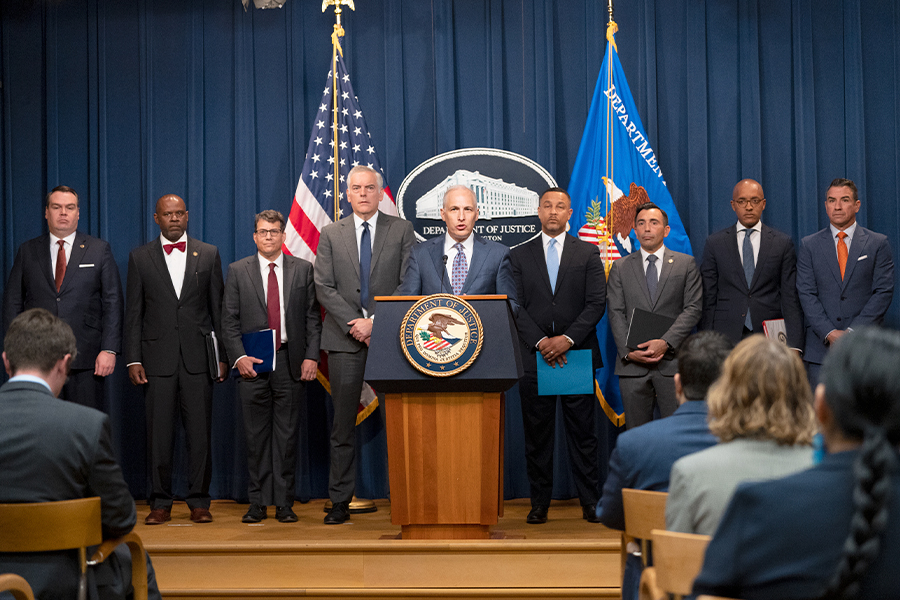
There’s a crisis related to junk food in America, but unlike in the past, the problem is not that people are eating too much of it and harming their health. Instead, consumption levels are declining, darkening the prospects for companies that depend on selling products filled with saturated fat and sugar.
The reason for this is the arrival of Ozempic and other weight-control medications that are highly effective in controlling the urge to overeat. From a public health perspective, this is great news. These drugs have the potential to substantially reduce obesity and related medical problems such as diabetes. Use of the drugs is soaring, and analysts expect millions more to follow suit.
While pharmaceutical companies are making a killing from these high-priced drugs, the food industry is faced with reduced demand. Most vulnerable are those companies that profit from binge eating, especially the snack food sector. According to the Wall Street Journal, executives at these firms are being barraged with questions from investors about the impact on profitability and stock prices. Wall Street analysts are pointing to vulnerability for manufacturers such as Hershey, Mondelez International (which makes Oreos, among other things) and Hostess Brands (Twinkies, etc.).
Not long ago, companies such as these were riding high as Americans boosted their junk food consumption during the pandemic. Kellogg was pressed by Wall Street to split into two so that its faster growing snack business (Pringles, Cheez-It, etc.) would not be held back by the less dynamic breakfast cereal operation. The separation was recently completed, but now the new Kellanova snack company may be less appetizing for investors.
A recent report by Barclays also sees negative consequences for fast food chains, soft drink producers and even cigarette companies, given anecdotal evidence that the drugs may also suppress the urge to consume other addictive substances.
These financial warnings serve as a stark reminder of how much American packaged food producers and fast-food chains have profited from unhealthy consumption patterns that they themselves helped to bring about.
It is unclear how these industries will respond to the Ozempic revolution. In the short term, they may root for the health insurance companies currently doing whatever they can do to avoid coverage for drugs that have a list price of up to $16,000 a year. Those refusals are already being met with legal challenges.
If they continue to cater to those who cannot gain access to the drugs or choose not to use them, the snack food makers will in effect follow the lead of the tobacco industry, which continued to profit from the addicted while overall smoking levels declined.
It is also possible they will choose the higher-road approach of modifying their product lines to include more nutritious offerings. Many food companies have already taken this approach. The problem is that these foods are often not significantly healthier. For example, Kellogg’s (and now Kellanova’s) Nutri-Grain bars are widely criticized for being high in sugar and low in fiber. Packaged food companies have paid out millions of dollars in class action lawsuits accusing them of making unsubstantiated health claims for their products.
The best outcome would be if large numbers of people freed of their addictions by the new drugs choose to focus their diet on fresh foods, and the worst packaged brands wither away from lack of demand.









You must be logged in to post a comment.